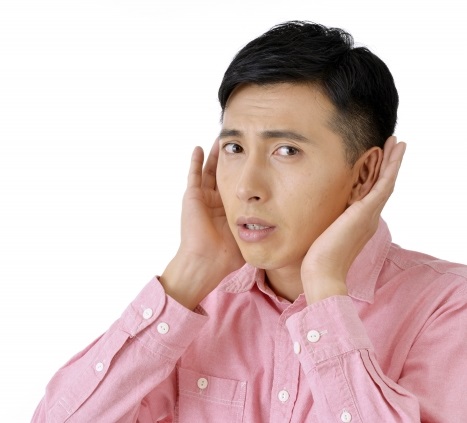As I wrote before, there are many things which don’t help your pronunciation of English sounds (phonemes), below are a couple of the issues.
Listening to a sound and copying it isn’t always easy; mishearing a word will affect how you pronounce it. Another issue is a little unlikely, you’ve mastered the pronunciation of a word, however, the word was mispronounced by your source.
Mishearing a word
It’s easy to mishear some English loaned words in Japanese; “バス” is closer to the English word, “bus” and not “bath”. If someone says “bath” it’s easy for your brain to fill in the sounds as “バス” although this is not the correct pronunciation. Copying what you thought you heard rather than what is actually being said can cause mispronunciation.
Do you know this song from The Wizard of Oz? “Somewhere, over the rainbow, Weigh a pie…” Way up high! “Weigh a pie” is definitely not the lyric in “Somewhere Over the Rainbow”.
Avoid mishearing a word
Be careful to hear the word or sound as it may be unclear when spoken, especially when someone speaks quickly or in a song.
If you are hearing the word from someone in person, simply ask them to repeat what they have said. Ask them to speak slower and if it’s still difficult, ask the speaker to spell the word to look up later!
Similar to fast speakers, words in songs can contract to sound like alternative words. It’s an easy mistake to make, look up misheard lyrics on the internet, there are plenty to see. Look up the actual song lyrics, although this still may not help (see below).
Copying mispronunciation
I am fond of oyaji gyagu, I like wordplay in any language I guess. It can make me groan or laugh because of how silly or clever it is. I mention this because I often hear, 3 9 (san kyu, thank you), I even say it sometimes! It’s easy, it’s fun, and it’s a mispronunciation.
There is a lot of poetic licence for the pronunciation of words in songs. Words that are sung can be unrecognisable compared to how they are spoken.
Avoid copying mispronunciation
Generally, don’t use movies, songs, or any other unreliable source as way to learn pronunciation. There are too many variations of English. Your pronunciation will be influenced by whichever source you are learning from; American, British, Australian, Singapore, Malaysian, etc.
It is better to use a reliable source such as a dedicated language app, CD course, or English lessons and create the English phonemes that don’t exist in Japanese, whichever English you are learning.
Good ears, a good source, good pronunciation
Listening carefully to a reliable source is just the beginning to good pronunciation; what happens next is up to you to copy it.
*****お知らせ*****
【ご自身が英語でコミュニケーションを取れているかどうか】を知りたい方、
【ご自身の英語のコミュニケーションの改善点】を知りたい方はお問合せから
【無料英語コミュニケーション力ミニ診断】と件名にご記入いただき、ご連絡ください。
毎月先着3名様のみ受付中です!
ー オンライン英語コミュニケーションプログラム ー
【あなたの心が伝わるあなただけの英語】
英語でのコミュニケーションをあなたらしい英語で。一人一人のレベル、能力、
興味に合った教材や方法を用いたテイラーメイドの英語コミュニケーションプログラムです。

”あなたの英語”でコミュニケートしたい方は、まずは無料カウンセリングをご予約ください。



